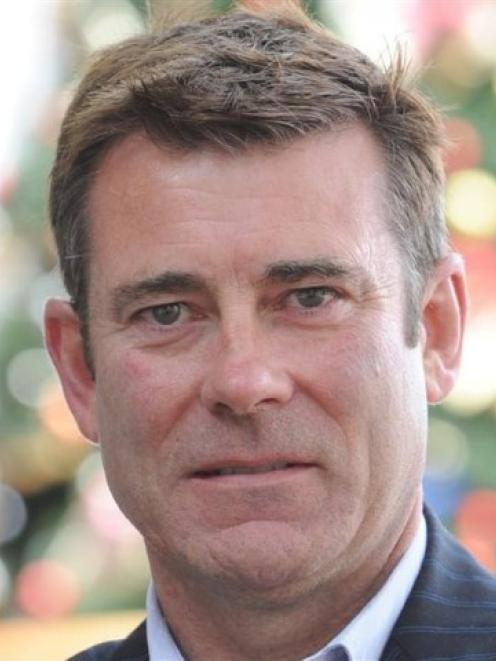
The Government's decision to increase New Zealand's refugee quota from 750 a year to 1000 could result in more refugees being resettled in Dunedin.
Dunedin list MP Immigration Minister Michael Woodhouse said yesterday it was too early to say whether the change would have any effect on the numbers resettled in Dunedin, but it was a possibility.
That would depend on the identification of at least one other resettlement, which he had asked Immigration New Zealand (INZ) to do.
"The idea is that we spread the burden around the country,'' Mr Woodhouse said.
However, he was confident Dunedin would be up to the task to take more should that be the decision.
"I think our initial response would make Immigration New Zealand confident that was the case as well.''
The Government announcement yesterday comes as the Red Cross and its volunteers prepare for the arrival of the second group of Syrian refugees to Dunedin this Friday.
Red Cross southern humanitarian services manager Sue Price was ‘‘thrilled'' the quota had been increased, but was unsure what effect it would have on Dunedin.
Like Mr Woodhouse, she was confident Dunedin could take more refugees if asked.
Refugee Quota branch manager Qemajl Murati said in a statement planning for numbers of refugees to be settled in Dunedin was under way and exact numbers were yet to be confirmed.
In making the announcement, Prime Minister John Key said the quota increase would be from 2018.
It will be the first increase in 29 years, but falls short of the 1500 places per year that Labour, the Green Party, United Future and NGOs such as Amnesty International have pushed for.
Amnesty International immediately slammed the 2018 increase as ‘‘absolutely shameful in the face of the world's biggest humanitarian crisis''.
Mr Woodhouse said the quota had not been doubled because of the need to provide proper and ongoing support for those that did arrive.
He said many refugees were still struggling to find work some 10 years after their arrival.
Costs will increase by about $25 million to $100 million per year.
"Numbers matter . . . but it's not enough to simply relocate them to a strange country and then leave them,'' Mr Woodhouse said.
"There is a significant investment that needs to be made to ensure that the settlement outcomes are good . . . we are focusing as much on the quality as well as the quantity.''
New Zealand's Catholic and Anglican Church leaders last September announced their communities could support at least 1000 refugees in their communities.
Referencing such public response to the global refugee crisis, Mr Woodhouse said the Government would pilot a community sponsorship programme next year, initially involving about 25 places.
- Additional reporting Nicholas Jones, of The New Zealand Herald












